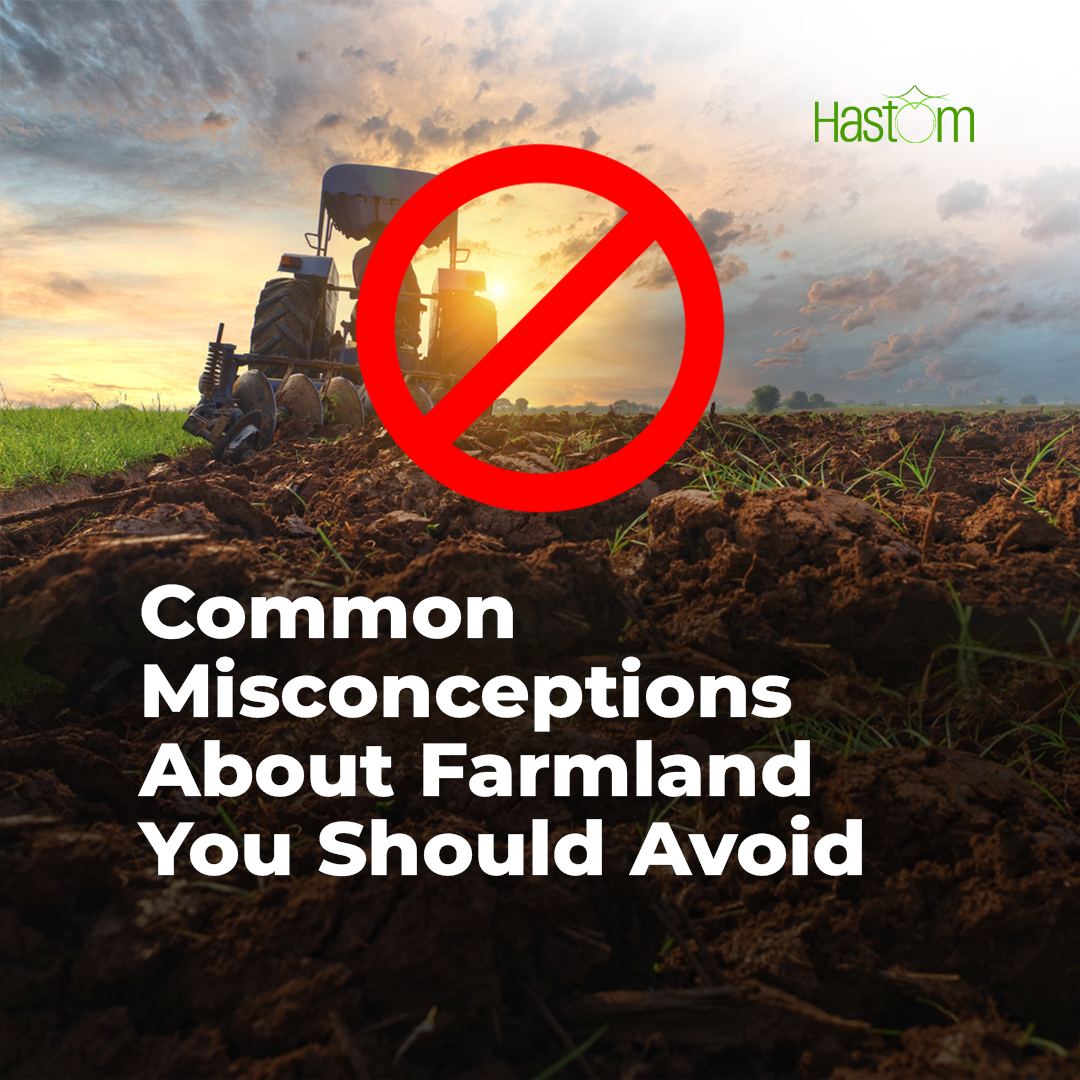
Agriculture is the single largest employer in the world. Studies show that 40% of the global population work on farmlands. However, it is surprising that the average Nigerian isn’t totally informed about the investment opportunity in owning farmland.
In order to help people better understand what farming entails, as well as investing in it as an asset class, we have compiled six common misconceptions about farmlands that you may have.
-
Farmland investment is a risky venture
While this statement has some element of truth in that farmland investment indeed has its risks, there is also hardly any investment option that doesn’t come with its own risks.
Compared with other investment opportunities, farmland is typically a smarter investment that still contains its unique risks. Some of these risks can be significant and lead to losses or poor performance.
However, a rundown of the performance of farmland as an asset class shows that farmland is a more stable long term investment than most other investment options even in the face of inflation.
This is because farmland helps in asset diversification, is less volatile than commercial real estate and keeps appreciating due to rising population and growing need for food.
-
Farmland is controlled by big and wealthy entities
This misconception is probably the most ironic as a major portion of farmlands globally is family-owned. Most of these are small family farms, and the bulk of our food comes from these family farms.
It is a tradition in many parts of the world to keep farmland within the family and hand it down from generation to generation. However, in recent times, all these are already changing.
With the average farmer age today approaching 60 years, a new and younger generation is expected to come on the scene; this is also a generation that seeks to explore different career routes other than taking over the family business.
The result of this generational departure and democratisation of farmland ownership. Working with Hastom has also made individual ownership of farmland as easy, seamless and smart as possible.
-
Acquiring more land and heavy inputs will bring more profits
While we cannot take out the need for increased farmland holdings and acquisition of heavy inputs, farmers and investors will only get more rewarding returns when they see to it that the soil is properly taken care of.
A particular study shows that the required mass of farmland for certain crops could be cut in half if farmers used high-nutrient inputs and reallocation of crops on present cropland.
It’s a typical case of the proverbial advice to make the grass greener before getting more sheep. Profitability is not only hinged on obtaining more farmland but actually more on how farmers use the land they already have.
Once there is proper soil management in place, it will optimise land investments, reduce land-recovery time, and deter land grabbing.
Conclusion
Acquiring farmland is a typical move for investors looking for historically strong returns comprising both cash yield and asset appreciation. It is also a smart choice if you want to diversify your assets while taking lower volatility into consideration.
It remains a vibrant and vital industry and despite the presence of short-term challenges, the future for the Nigerian Agricultural sector is undoubtedly bright. Contact us today to learn about how we can help you secure a fair share of the returns in Nigeria’s rewarding farmland industry.


